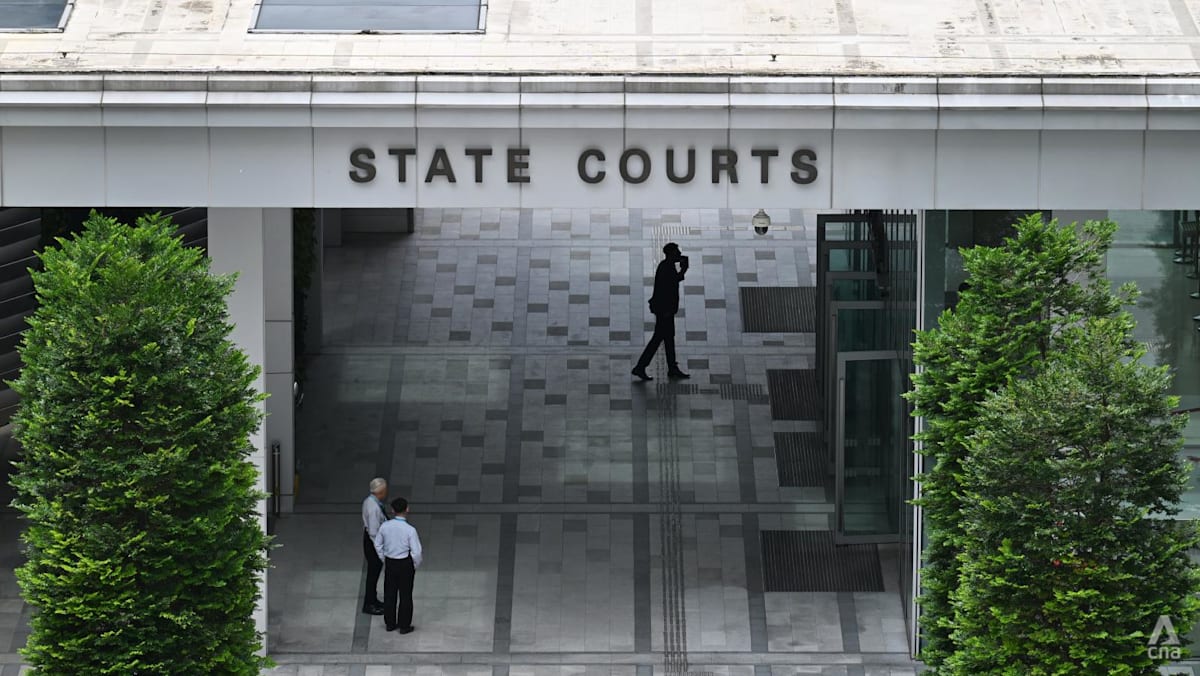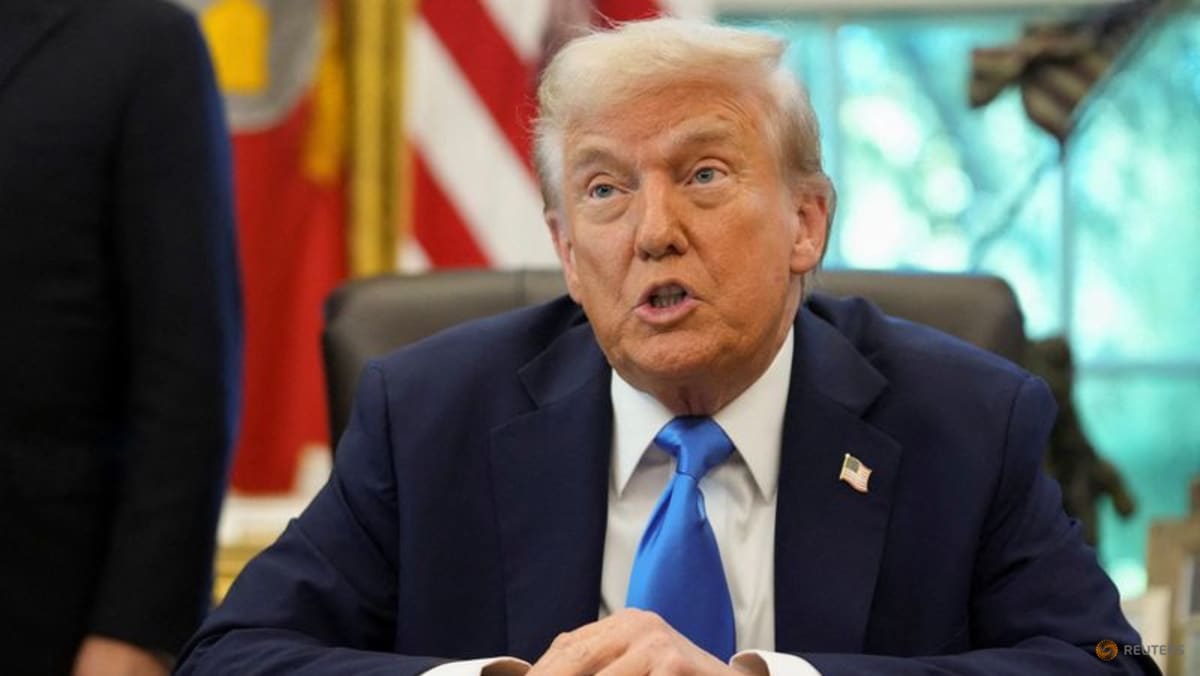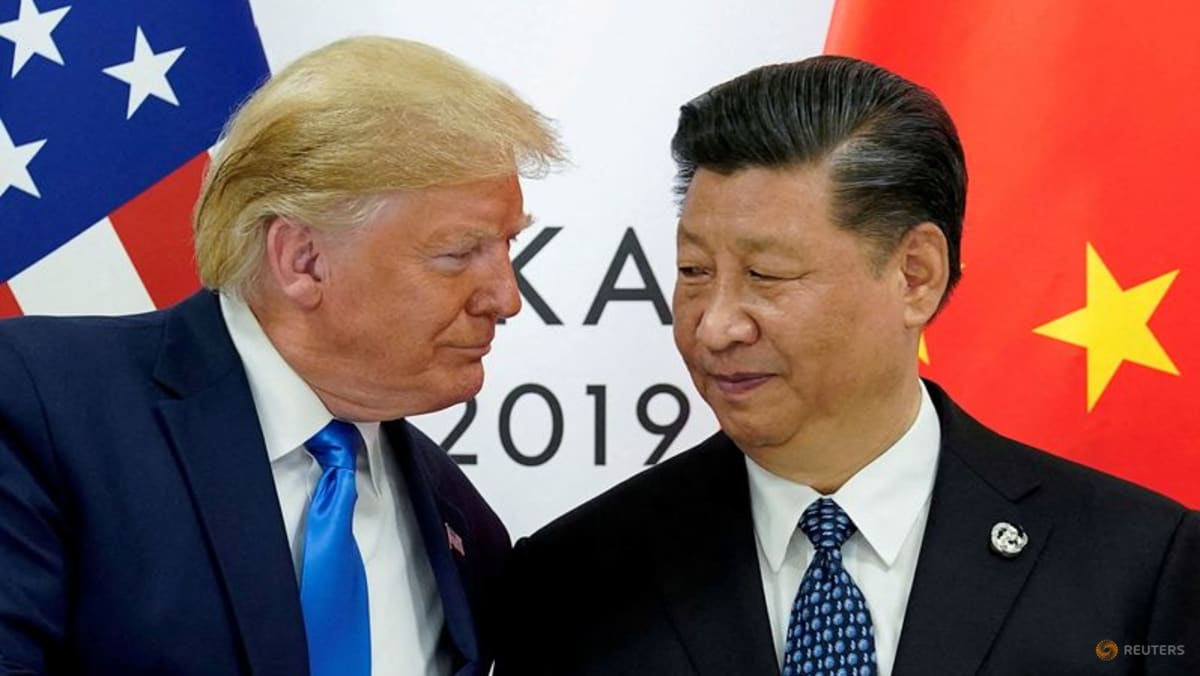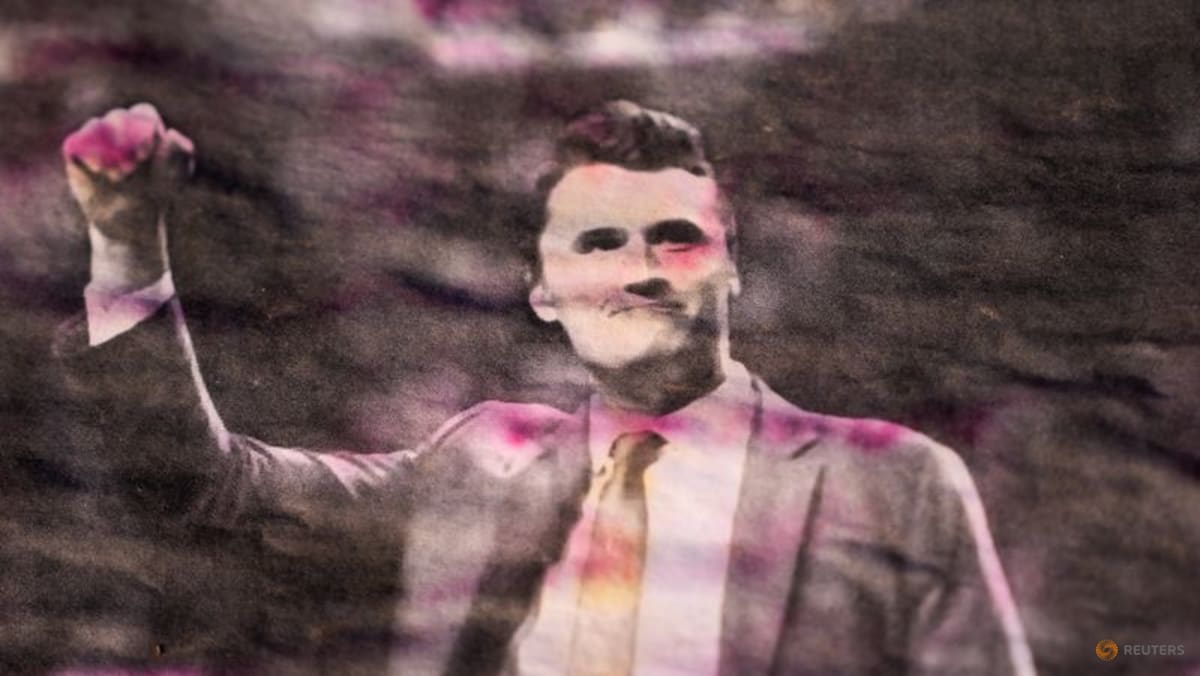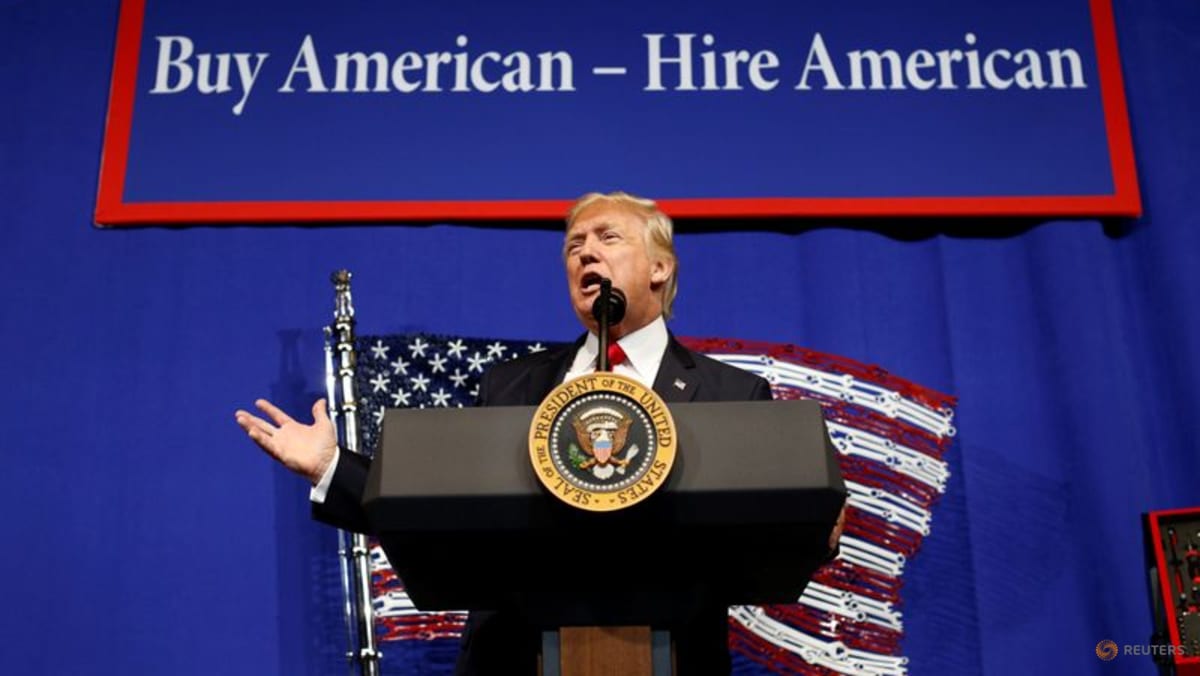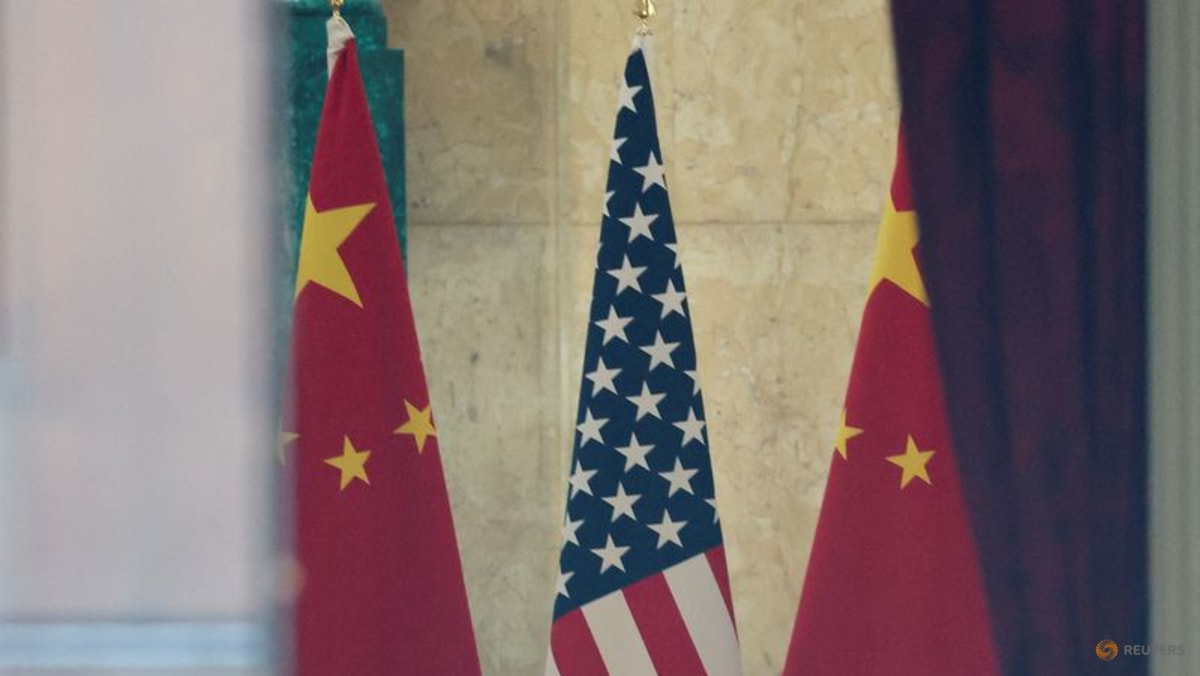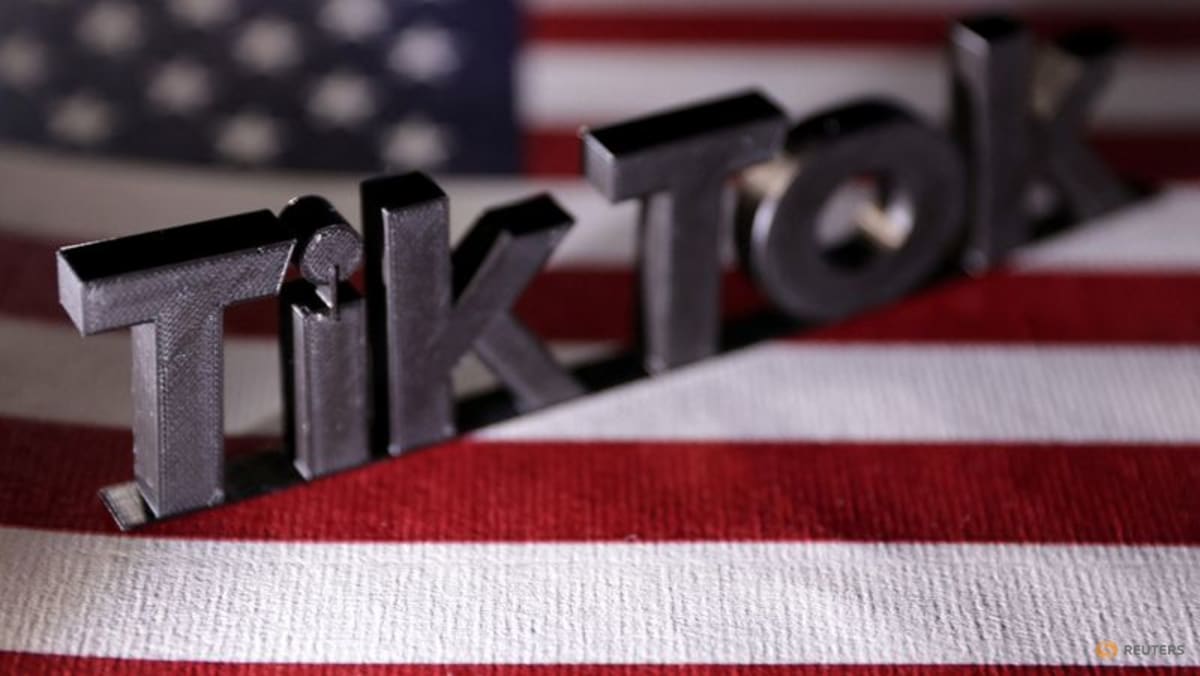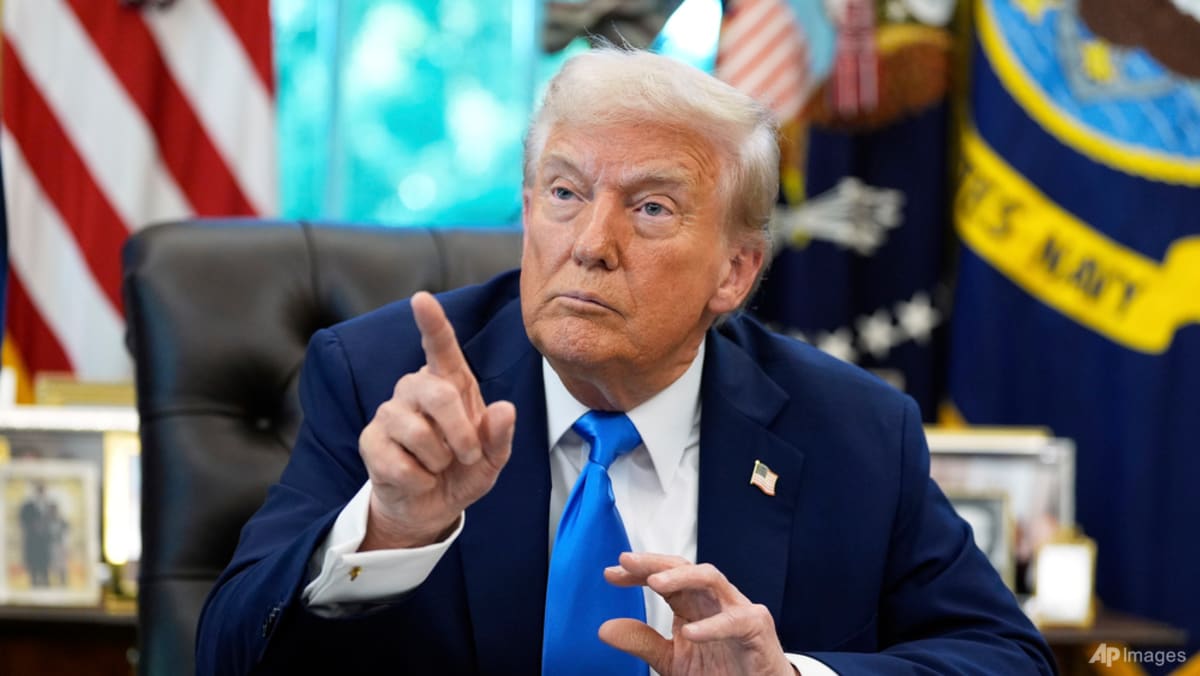Last week, US TV network ABC suspended Jimmy Kimmel’s late-night comedy show indefinitely after his comments about the assassination of conservative activist Charlie Kirk and Mr Trump’s response to it.
The comedian has been a consistent critic of Mr Trump, who posted in July that Mr Kimmel would likely be the “next to go”, after news broke that Stephen Colbert’s late-night show would be cancelled.
Then Brendan Carr, the chair of the Federal Communications Commission (FCC), which regulates broadcasters, said: “We can do this the easy way or the hard way. These companies can find ways to change conduct and take action, frankly, on Kimmel, or, you know, there’s going to be additional work for the FCC ahead”.
Given the FCC’s power to revoke licenses, his remarks were interpreted as a threat. Hours later, Disney-owned ABC announced it was suspending the show indefinitely.
ABC is a private company, so its decision did not breach the First Amendment’s free speech guarantees. However, the obvious pressure from the government might, given precedent cases that bar government coercion of the media.
Mr Trump initially described ABC’s decision as based on Mr Kimmel’s lack of talent and his show’s ratings. Later, he told reporters that the FCC should consider suspending the licences of broadcasters that air criticism of him, which he said is “really illegal”- although, in fact, criticism of government is at the core of protected expression.
The 1934 federal law sets out basic licensing requirements for free-to-air broadcasters that also obliges them to serve the “public interest”. The FCC and the courts have interpreted that phrase narrowly, not as permitting censorship of criticism of the government, a clear breach of the First Amendment.
